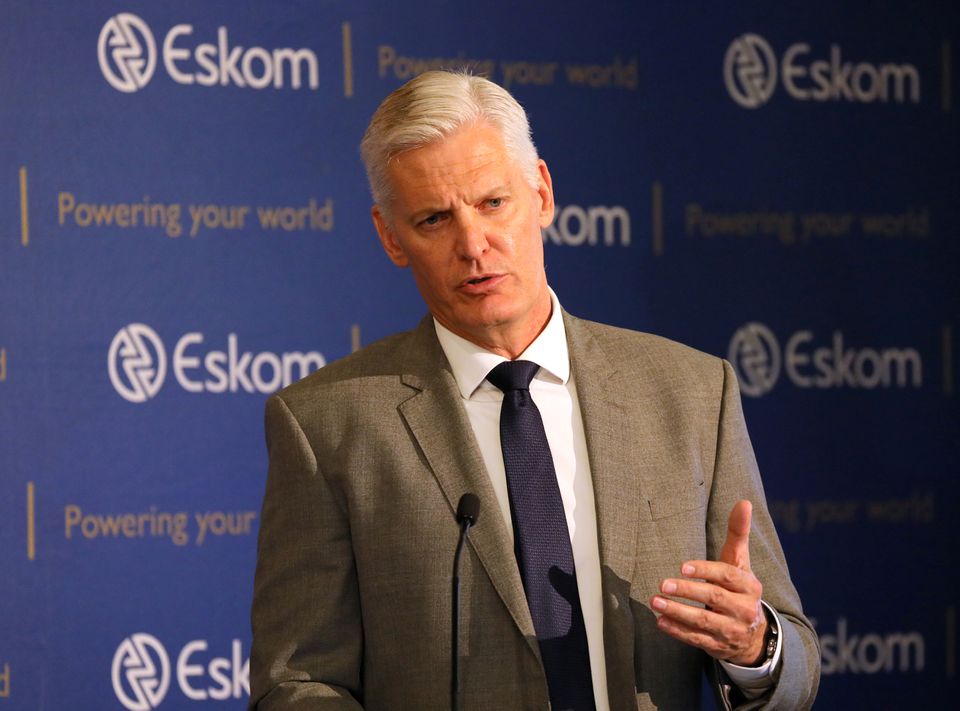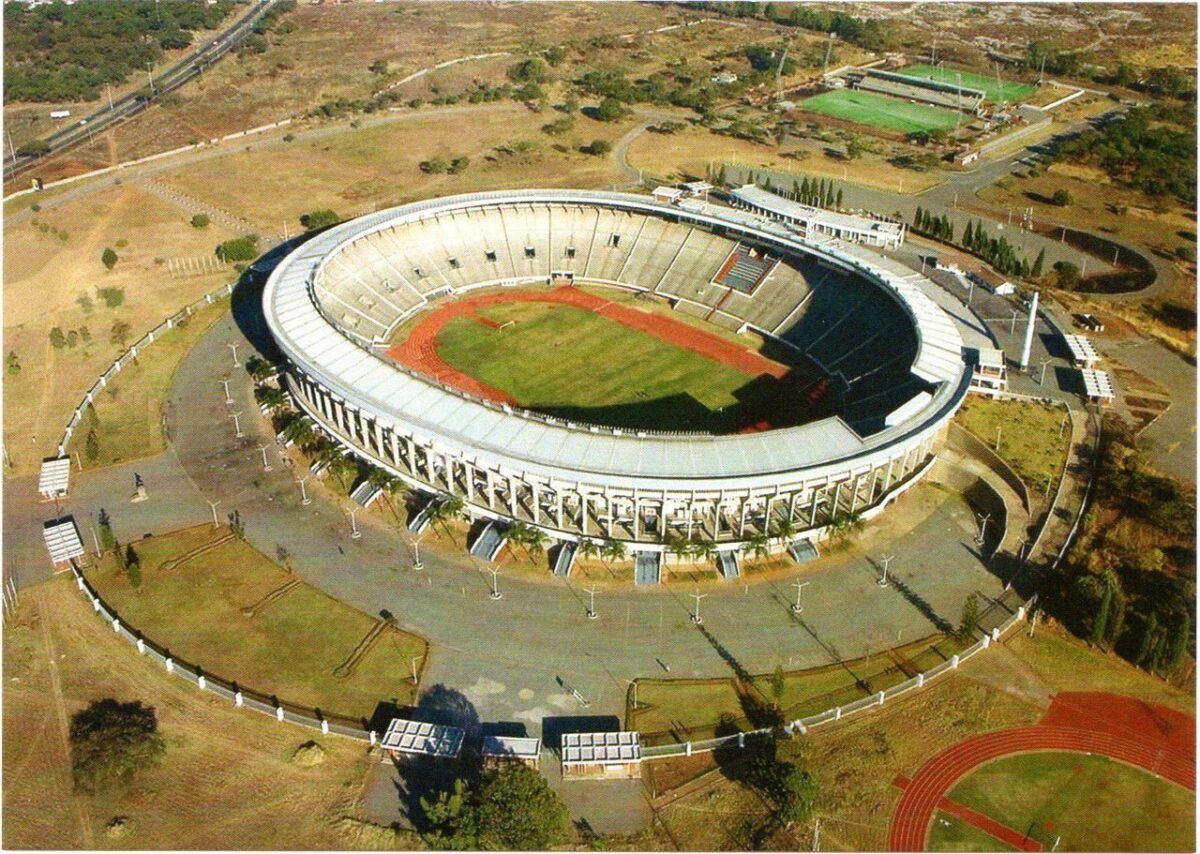JOHANNESBURG, South Africa – South African state power utility Eskom’s CEO André de Ruyter has resigned, the company said on Wednesday, marking the 11th boss to have left the company in just over a decade.
Saddled with creaking coal-fired power stations and a mountain of debt, Eskom has struggled for years to meet electricity demand in Africa’s most industrialised country.
This year the most electricity has been shed from the national grid to date, meaning record power cuts that have led to public frustration, damaged businesses and prompted calls for resignations at Eskom.
De Ruyter has agreed to stay beyond his stipulated 30-days’ notice period as the utility tries to find a replacement, the company’s Chairman Mpho Makwana said in a statement after news of the resignation leaked to media.
President Cyril Ramaphosa has been trying reform Eskom to make it more efficient since becoming head of state in 2018 but his administration has made slow progress.
South Africa’s cabinet in September appointed a new board of directors at Eskom headed by Makwana, who previously served on the Eskom board and also chairs the Nedbank board. He was handed the task of reviewing de Ruyter’s performance as well as that of the entire management.
De Ruyter officially became CEO at Eskom in January 2020 moving from packaging company Nampak. He had also spent more than 20 years with petrochemicals group Sasol in several senior roles.
“I wish all the hard working people of Eskom well,” de Ruyter said in the statement released by Eskom.
Public Enterprises Minister Pravin Gordhan, under whose mandate the utility falls, thanked de Ruyter for his resilience in “carrying an enormous burden on behalf of South Africa.”
De Ruyter’s last day will be March 31.
His predecessor was the 10th chief executive in a decade to quit the company, which has seen a steady stream of departures from among its senior ranks.
The utility ramped up scheduled power cuts a week ago to “Stage 6”, repeating the worst outage level on record. They were implemented for the first time ever in December 2019, and again earlier this year. Stage 6 power cuts require up to 6,000 megawatts to be shed from the national grid and mean at least six hours a day without power for most South Africans.
Eskom’s COO Jan Oberholzer said in September the plans to end recurring power cuts could take at least a year to deliver results.
The utility has been burdened with unsustainable debt levels and tariffs that are not yet cost-reflective. – Reuters
















